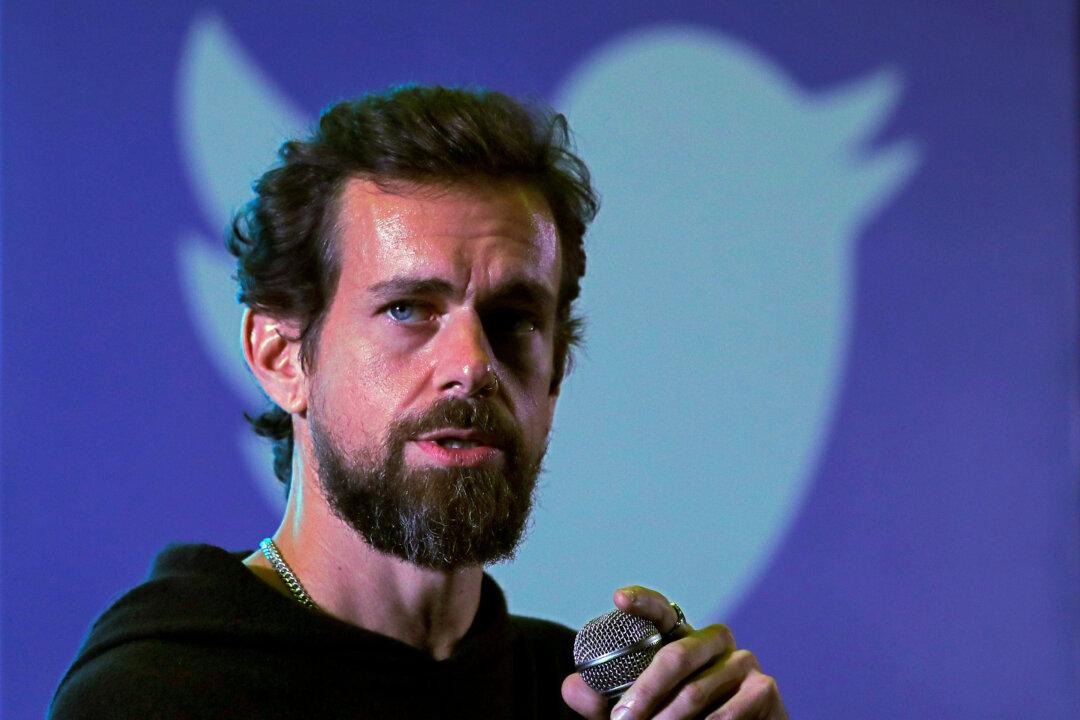Twitter CEO Jack Dorsey told Sen. Ted Cruz (R-Texas) at a Senate committee hearing Wednesday that Twitter does not have the ability to sway elections because the social media giant is only one platform used to disseminate information.
During the hearing of the Senate Committee on Commerce, Science and Transportation, Cruz pressed Dorsey about whether his company has the power to influence elections.





